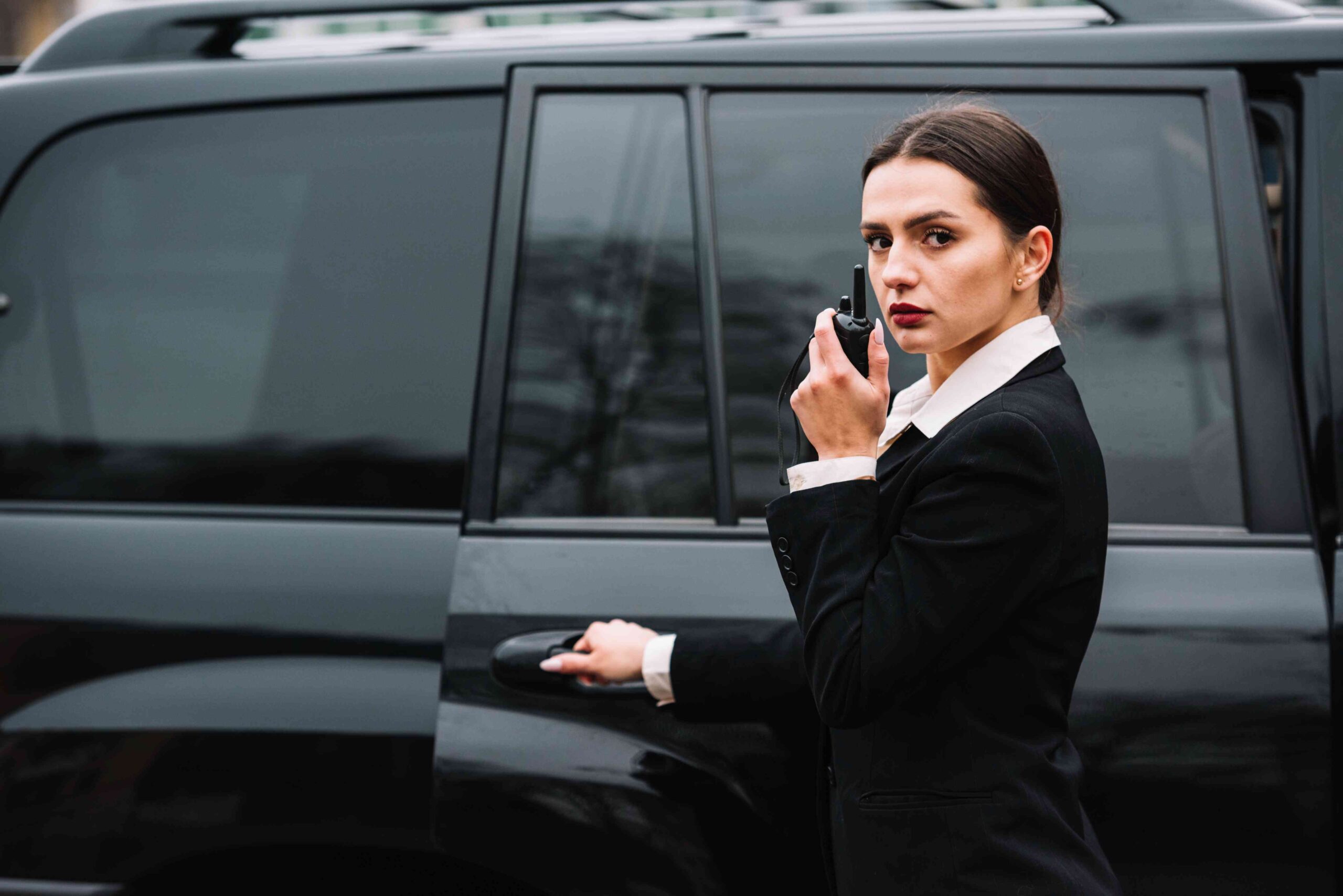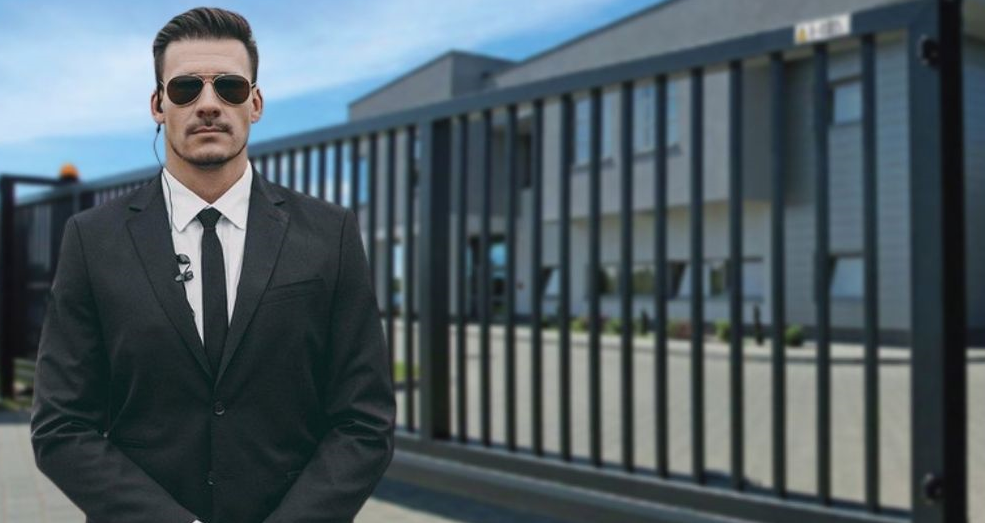Corporate events serve as vital platforms for networking, brand promotion, and business transactions, necessitating stringent security measures to ensure the safety and well-being of attendees and assets. Corporate security guards play a pivotal role in orchestrating event security, balancing the need for access control, crowd management, and emergency response. This essay delves into the responsibilities and best practices of corporate security guards in ensuring the success and security of corporate events, emphasizing their critical role in safeguarding participants, property, and organizational reputation.
Understanding the Role of Corporate Security Guards in Corporate Event Security:
Corporate security guards entrusted with overseeing event security are tasked with a myriad of responsibilities aimed at safeguarding the venue, managing crowds, and mitigating potential threats. Their multifaceted roles encompass:
1. Access Control: Corporate security guards are responsible for implementing rigorous access control measures to regulate entry to the event venue. This involves verifying credentials, checking guest lists, and ensuring that only authorized individuals gain access, thereby minimizing the risk of unauthorized entry and ensuring the safety and privacy of attendees.
2. Crowd Management: Effective crowd management is paramount to maintaining order, preventing congestion, and ensuring the smooth flow of attendees throughout the event. Corporate security guards leverage crowd management techniques to guide participants, address concerns, and prevent overcrowding, thereby enhancing safety and facilitating a positive event experience.
3. Asset Protection: Protecting valuable assets, including equipment, merchandise, and intellectual property, is a core responsibility of corporate security guards. They diligently monitor designated areas, implement theft prevention measures, and promptly respond to any suspicious activity or attempts to compromise the security of assets, thereby safeguarding organizational resources and reputation.
4. Emergency Response: Corporate security guards are trained to respond swiftly and decisively to emergencies, including medical incidents, fires, or security breaches. They play a pivotal role in implementing emergency protocols, coordinating with emergency responders, and ensuring the safety and well-being of all attendees and personnel, thereby minimizing the impact of emergencies and maintaining order and calm during critical situations.
5. Conflict Resolution: In the event of disputes, conflicts, or disruptive behavior among attendees, corporate security guards serve as skilled mediators, employing effective communication strategies and conflict resolution techniques to de-escalate tensions and restore order. Their ability to handle conflicts professionally and assertively contributes to a safe and harmonious event environment, fostering a positive experience for all participants.
Best Practices for Corporate Security Guards in Corporate Event Security:
To uphold the highest standards of event security, corporate security guards should adhere to best practices that encompass:
1. Thorough Pre-Event Planning: Comprehensive pre-event planning is essential to identify potential security risks, develop tailored security plans, and coordinate logistics effectively. Corporate security guards collaborate closely with event organizers to assess security needs, establish protocols, and allocate resources strategically, thereby laying the groundwork for a successful and secure event.
2. Clear Communication and Coordination: Effective communication and coordination among corporate security guards, event staff, and relevant stakeholders are paramount to ensuring seamless security operations. Corporate security guards maintain open channels of communication, share pertinent information, and collaborate closely with event organizers and other security personnel to address emerging threats, coordinate responses, and mitigate risks effectively.
3. Visible and Proactive Security Presence: A visible and proactive security presence instills confidence among attendees and serves as a deterrent to potential threats. Corporate security guards maintain a visible presence throughout the event venue, conducting regular patrols, monitoring surveillance systems, and engaging with attendees to provide assistance and address security concerns, thereby fostering a secure and welcoming environment.
4. Continuous Monitoring and Surveillance: Corporate security guards utilize advanced surveillance technologies and monitoring systems to surveil the event venue, detect suspicious activities, and identify potential security breaches. Continuous monitoring enables security personnel to identify and respond to emerging threats promptly, minimizing the risk of security incidents and ensuring the safety and security of all attendees and assets.
5. Training and Professional Development: Ongoing training and professional development are essential to equip corporate security guards with the knowledge, skills, and expertise required to address evolving security challenges effectively. Corporate security guards undergo comprehensive training in areas such as emergency response, conflict resolution, and customer service, enabling them to perform their duties with professionalism, competence, and integrity, thereby enhancing the overall quality of event security.
6. Post-Event Evaluation and Analysis: Following the conclusion of the event, corporate security guards participate in post-event evaluations and analyses to review security procedures, identify areas for improvement, and glean insights for future security operations. By conducting thorough evaluations, corporate security guards can glean valuable lessons learned, refine security protocols, and enhance preparedness for future events, thereby continually raising the bar for event security excellence.
Conclusion:
Corporate security guards play a pivotal role in ensuring the safety, security, and success of corporate events, leveraging their expertise, training, and professionalism to mitigate risks, maintain order, and protect participants and assets. By adhering to best practices, including thorough pre-event planning, clear communication and coordination, visible and proactive security presence, continuous monitoring and surveillance, ongoing training and professional development, and post-event evaluation and analysis, corporate security guards uphold the highest standards of event security, fostering a secure and welcoming environment conducive to the success and enjoyment of all participants. As integral members of the event security team, corporate security guards embody the organization’s commitment to safety, professionalism, and excellence, thereby safeguarding its reputation and ensuring the success of its corporate events.



